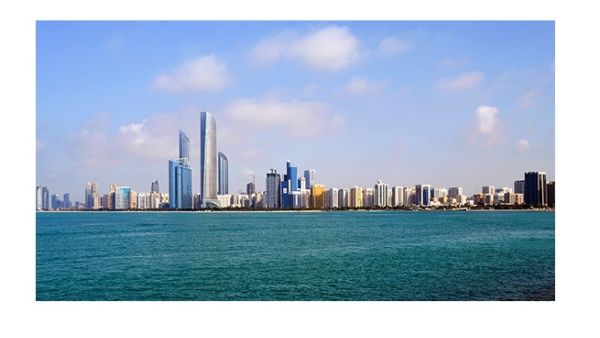dubizzle Property Sheds Light on Abu Dhabi Real Estate Supply and Demand in 2017

dubizzle Property, the UAE’s biggest and most visited property platform, has revealed the most popular areas for rent and sale in Abu Dhabi. With close to 100K daily visits and around 200K live listings at any given time, the platform shares insights into the capital’s real estate supply and demand trends in 2017.
Demand: Most searched communities for rent and sale
Claiming over 13.1 million searches by dubizzle Property users in 2017, Mohammed Bin Zayed City ranked as the most popular area for rent, followed by Khalifa City A with 9.7 million searches, Tourist Club Area with 8.5 million searches, Al Markaziyah with 5.8 million searches and Al Muroor with 5.7 million searches.
For those looking to invest in the capital, Al Reef was a firm favourite amongst users of the platform with 750K searches. Tamouh Marina Square ranked second with 469K searches, followed by Shams Abu Dhabi with 375K searches, City of Lights with 328K searches and Al Reem Island with 325K searches.
Supply: Most property listings for rent and sale
Mussafah East received the most listings, with over 36K new properties being made available for rent. Abu Dhabi City Center was the second most listed community with 29K listings, followed by Khalifa City A with 16K listings, Al Reem Island with 15K listings and Al Muroor with 8K listings.
In relation to property for sale, Al Reem Island took a strong lead with around 5K listings, followed by Al Reef with 2K listings and Al Raha Beach with 1.8K listings.
Background Information
Dubizzle.com
dubizzle.com is the leading classifieds website for users in the UAE. Since its launch in 2005 by J.C. Butler and Sim Whatley, dubizzle.com has become the number one platform for users to buy, sell, or find anything in their community. A community where underused goods are redistributed to fill a new need, and become wanted again, where non- product assets such as space, skills and money are exchanged and traded in new ways that don’t always require centralized institutions or ‘middlemen’.






